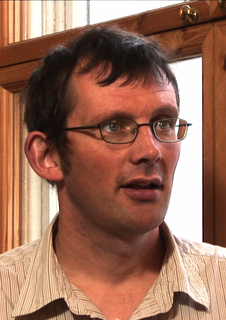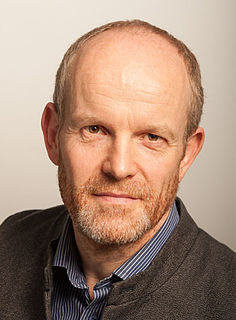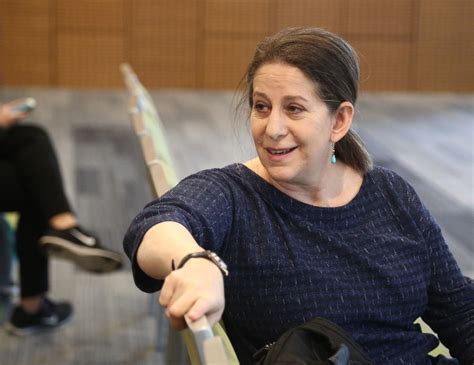A Quote by Jill Stein
When Cuba lost their fossil fuel pipeline when the Soviet Union collapsed in 1990. Overnight they had no choice, they had to transition to clean energy, they didn't have any fuel to burn, and they also had to transition to a healthy food system, an organic system - their economy is crashing, this was not a planned transition. This was a crisis, but a crisis nonetheless, in which pollution went away. And it's very instructive to see what happened to their health.
Quote Topics
Related Quotes
With living wage jobs, basically 20 million of them to help jump-start a sustainable and healthy economy, with an insured, just transition, for example, for workers in both the fossil fuel and in the weapons industry, because they all need to transition to sustainable forms of production. This is also our answer to the departure of manufacturing jobs and good jobs by creating the manufacturing base here for clean renewable energy and the efficiency systems and public transportation to put these workers to work in jobs that are actually good for them.
Every candidate running for president has got to answer the following very simple question: At a time when we need to address the planetary crisis of climate change, and transform our energy system away from fossil fuels and into energy efficiency and sustainability, should we continue to give $135 billion in tax breaks and subsidies over the next decade to fossil fuel companies?
The record-breaking extreme weather events causing chaos across the globe should be a wake-up call. The transition to a low-carbon economy will be much more painful if we wait until there is a climate crisis before recognising that more than half of the world's fossil fuel reserves will have to remain in the ground.
...A one-pound box of prewashed lettuce contains 80 calories of food energy. According to Cornell ecologist David Pimentel, growing, chilling, washing, packaging, and transporting that box of organic salad to a plate on the East Coast takes more than 4,600 calories of fossil fuel energy, or 57 calories of fossil fuel for every calorie of food.
Britain has squandered its windfall of natural resources from North Sea oil and gas. Instead of prudently investing the 'unearned income' from nature, to build a safe, clean and green energy supply for the nation, we face unnecessary shortages. But there is still a chance to put the proceeds from liquidating our fossil fuel assets to better and more appropriate use. Instead of oil companies profiteering from climate change and oil depletion, a windfall tax could establish an Oil Legacy Fund to pay for Britain's urgent transition to a sustainable, decentralised energy system
Let me say two things about the costs - one is that there are detailed studies that show this, this is what some of the Stanford studies show, in fact, that we get so healthier, so much more healthy, when we eliminate fossil fuel pollution - 200,000 [fewer] premature deaths a year for example. And that's just the death part of it. Not to mention the asthma part of it, the heart attacks and the strokes and the cancers. And we also call for a healthy food system that prioritizes sustainable healthy local food production.





























